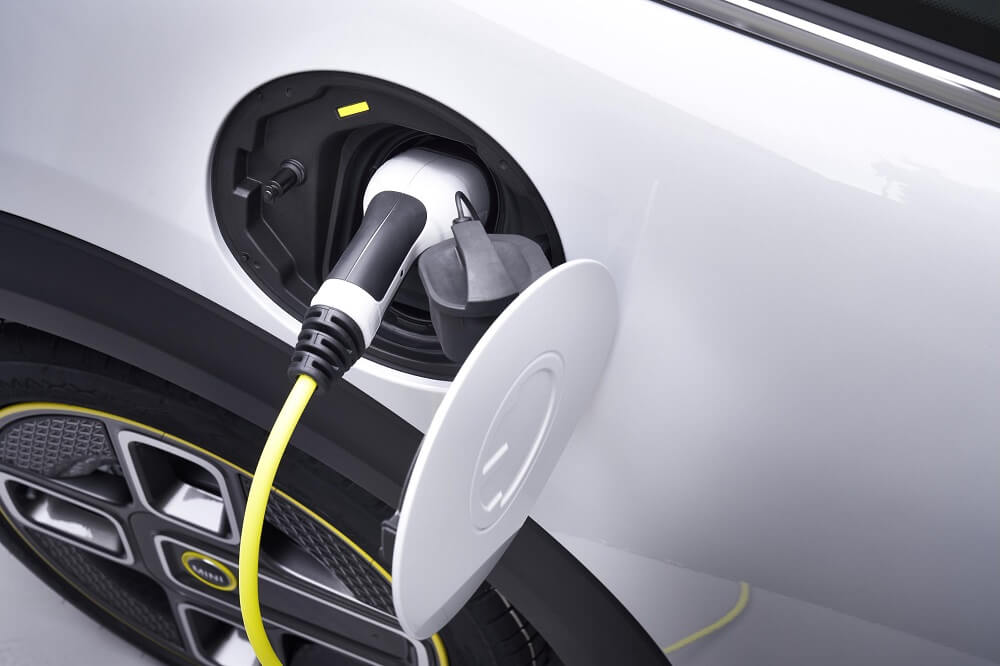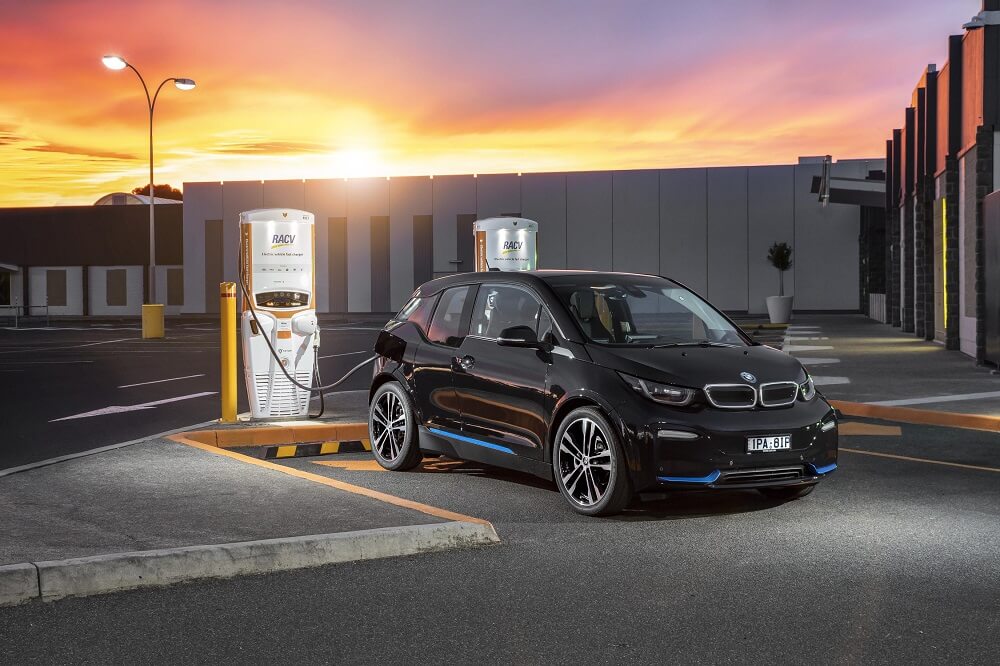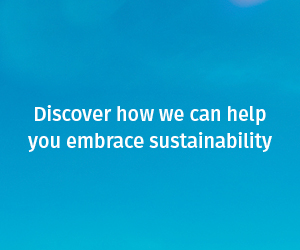Support for cars powered by future fuels

German luxury car maker BMW has thrown its support behind the Federal Government’s Future Fuels Fund plan, declaring it would mark a “line in the sand” for manufacturers and supercharge the local market’s adoption of electric vehicles.
The Morrison Government has announced a $1.9 billion investment in new energy technologies, which includes a new $74.5 million Future Fuels Fund, designed to help businesses and regional communities take advantage of opportunities offered by hydrogen, electric, and bio-fuelled vehicles.
Chief Executive Officer of BMW Group Australia Vikram Pawah said the incentives announced for business would act as the catalyst for local market growth and help Australia bridge the gap with high EV uptake markets like Europe, North America and Asia.
“For BMW Group, investing in electro-mobility technology development for business should be a given in Australia,” Mr pawah said.
“Countries such as the USA, Norway and China have all invested in a strong charging network and offered monetary incentives to both commercial and private buyers of plug-in hybrid or fully electric vehicles, leading to high uptake across the board in these markets.”
BMW Group is a leading provider of electro-mobility and by the end of 2021 will offer five fully electric production vehicles: the MINI Electric, BMW i3, BMW iX3, BMW iNEXT and BMW i4.
The company plans to have 25 electrified BMW and MINI models on the road by 2023, with more than half of them fully electric.
In Australia, the first-ever MINI electric vehicle was also introduced in early 2020, with the full year’s allocation already sold out.
The MINI Electric complements seven other BMW and MINI Plug-in Hybrid models already available to Australian customers.
The company has created its own program for small to medium enterprises seeking to purchase a new BMW or MINI electric vehicle with a $1500 incentive for new vehicle purchases for company use.
BMW says this equivalent to the charging cost for up to 30,000km of travel in one of its electric vehicles.
“We will continue to introduce as many of these vehicles to our local product line-up, but the Government has an important role to play in influencing public mindset about the vast benefits of electrified vehicles,” Mr Pawah said.
“While these incentives are focused on business, they are a positive step in enlightening the wider public around electro-mobility and addressing the lack of knowledge about electric vehicles.”

Prime Minister Scott Morrison said the Government’s $1.9 billion investment package would support the next generation of energy technologies with an extra $1.62 billion for the Australian Renewable Energy Agency (ARENA), while expanding the focus of ARENA and the Clean Energy Finance Corporation (CEFC) to back new technologies that will cut emissions in agriculture, manufacturing, industry and transport.
“Australia is in the midst of a world-leading boom in renewable energy with over $30 billion invested since 2017,” Mr Morrison said.
“Solar panels and wind farms are now clearly commercially viable and have graduated from the need for government subsidies and the market has stepped up to invest.
“The Government will now focus its efforts on the next challenge: unlocking new technologies across the economy to help drive down costs, create jobs, improve reliability and reduce emissions.
“This will support our traditional industries – manufacturing, agriculture, transport – while positioning our economy for the future.”
The Electric Vehicle Council, the national peak body representing the electric vehicle industry in Australia, also welcomed the Federal Government’s Future Fuels Fund initiative.
The organisation said it had been engaging closely with government about the benefits of such grants for a number of years, arguing they will create benefit not just for the businesses themselves, but for the broader community.
Electric Vehicle Council chief executive Behyad Jafari said the announcement represented welcome progress.
“We know businesses are waking up to the many benefits of electrifying their fleets and these grants should be the incentive they need to break with combustion engine tradition,” Mr Jafari said.
“For a number of years the Electric Vehicle Council has been advocating strongly for such grants, in part because we are excited about the opportunities they create for the secondary electric vehicle market.
“If we want to make the benefits of electric vehicles accessible to all consumers, we must take steps to stimulate a healthy market for used electric cars.
“Businesses tend to recycle their fleets every few years so if they are incentivised to purchase new electric vehicles today we should see them staring to appear in numbers on the used car market soon.
“In the meantime, we will be cleaning our urban air, reducing noise pollution, and lowering carbon emissions.”
In its annual State of Electric Vehicles Report released in August, a month before the Government announcement, the EVC reported that “68% of consumers want government subsidies to reduce the cost of buying an EV”, with the same percentage wanting “governments to provide more public charging infrastructure”.
The report went on to say that, despite an increase in electric vehicle sales, improvements in consumer sentiment, and the rollout of public charging infrastructure, Australia continued to lag behind comparable countries for electric vehicle market share, model availability, consumer awareness, industry development, and government support.
Global comparisons of electric vehicle market share show EVs now account for around 2.5-5% of all new vehicles sold across developed countries, whereas in Australia they account for only 0.6% of all new sales, according to the EVC.
Related topics
Things to note
The information in this article has been prepared for general information purposes only and is not intended as legal advice or specific advice to any particular person. Any advice contained in the document is general advice, not intended as legal advice or professional advice and does not take into account any person’s particular circumstances. Before acting on anything based on this advice you should consider its appropriateness to you, having regard to your objectives and needs.
Insurance Products (excluding Travel Insurance) are issued by RACQ Insurance Limited ABN 50 009 704 152 (RACQI) and arranged by RACQ Distribution Services Pty Ltd (RDS) ABN 35 116 361 650, AFSL 567130 and RDS' authorised representatives (including RACQ Operations Pty Ltd ABN 80 009 663 414, AR No. 234978 (RACQO)). Conditions, limits and exclusions apply.
Any advice provided by RDS and RACQO is general advice only and does not take into account your personal objectives, financial situation or needs and you will need to consider whether the advice is appropriate for you. Read the Product Disclosure Statement (PDS) before making a purchase decision on the product. You can also access our Target Market Determinations on this website.
RDS receives a commission from RACQI for the policies it arranges. RACQO receives fees paid for services it provides to RDS. Further details about remuneration are available on request prior to purchasing.
Banking and loan products issued by Members Banking Group Limited ABN 83 087 651 054 AFSL/Australian credit licence 241195 trading as RACQ Bank. Terms, conditions, fees, charges and lending policies apply. This is general advice only and may not be right for you. This information does not take your personal objectives, circumstances or needs into account. Read the disclosure documents for your selected product or service, including the Financial Services Guide and the Terms and Conditions, and consider if appropriate for you before deciding.
Except for RACQ Bank, any RACQ entity referred to on this page is not an authorised deposit-taking institution for the purposes of the Banking Act 1959 (Cth). That entity’s obligations do not represent deposits or other liabilities of RACQ Bank. RACQ Bank does not guarantee or otherwise provide assurance in respect of the obligations of that entity, unless noted otherwise.
RACQ Bank subscribes to the Customer Owned Banking Code of Practice which establishes higher standards than the law requires. The Code reflects modern consumer expectations and developments in approaches to issues such as consumer vulnerability, guarantors, and supporting customers through financial hardship. Please read our Customer Owned Banking Code of Practice page for more information.
RACQ Operations Pty Ltd (ABN 80 009 663 414 AR 000234978) and Members Travel Group Pty Ltd (ABN 45 144 538 803 AR 000432492) are acting as an Authorised Representative of the issuer of the insurance, Tokio Marine & Nichido Fire Insurance Co., Ltd. (ABN 80 000 438 291 AFSL 246 548). Any advice set out above is general in nature only, and does not take into account your objectives, financial situation or needs. Before purchasing any travel products, please consider the RACQ Travel Insurance Product Disclosure Statement (PDS) and the Target Market Determinations (TMDs) that apply to these products. Whilst the PDS outlines the Terms and Conditions of these products, the TMDs outline the intended class of customers that comprise the target market for these travel products. This will allow you to consider which products best suit your objectives, financial situation and needs and consider the products appropriateness to your personal circumstances. TMDs also outline matters involving the distribution and the review of these products. The PDS, Supplementary PDS and TMDs for each travel product can be found here.

